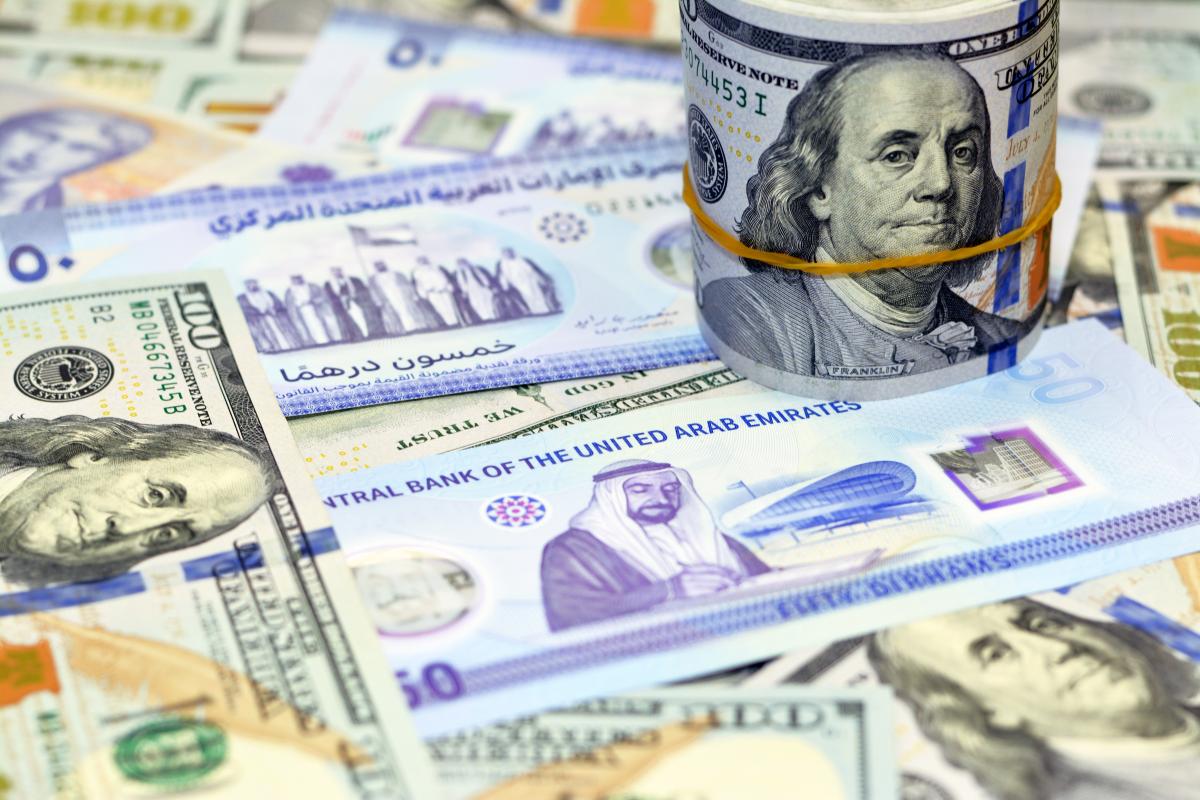India has not joined Western sanctions against the Russian Federation, but banks and financial institutions are wary of clearing payments.

Indian refiners have started paying for most of the Russian oil they buy through Dubai-based traders in UAE dirhams rather than US dollars.
This was reported by Reuters with reference to four sources familiar with the matter. It is noted that despite the fact that India has not joined the Western sanctions against the Russian Federation, banks and financial institutions are careful about clearing payments so as not to unwittingly violate the numerous measures imposed against Russia after its invasion of Ukraine.
Indian refiners and traders are worried that they may not be able to continue trading in dollars, especially if the price of Russian oil rises above the limit set by G7 countries and Australia in December.
That has prompted traders to look for alternative payment methods that could also help Russia in its efforts to de-dollarize its economy in response to Western sanctions.
Previous attempts by Indian refiners to pay traders for Russian oil in dirhams through Dubai banks were unsuccessful, prompting them to revert to the US currency.
But India’s main bank, the State Bank of India (SBI), currently settles those payments in dirhams, the sources told Reuters, providing previously undisclosed details of the transactions.
SBI, which has overseas branches, including in the US, did not respond to requests for comment.
The G7 price ceiling prohibits any Western company, such as insurance and transportation providers that underpin much of the world’s trade, from dealing in Russian oil if the purchase price is above $60 a barrel at the point of shipment in Russia. These restrictions apply even if the oil is destined for countries such as China and India, which do not recognize them.
The shift to dirham payments was also prompted by the SBI asking refiners willing to make dollar payments for Russian oil to provide a breakdown of oil, transportation and insurance costs to avoid breaching the price ceiling.
“SBI is very conservative in its approach,” one of the sources said, although India does not follow a price cap mechanism and Western insurance and transport are not used for delivery.
Indian refiners usually buy Russian crude from traders at a price that includes delivery to India. In an invoice for such a deal seen by Reuters, traders asked for the average price of oil, including freight for Urals oil. The document calculates the value of the cargo in dollars and dirhams.
Sources told Reuters that Indian refiners have been buying Russian oil on delivery terms to reduce any risks during transportation, and so far the settlement price at the point of shipment has been below the ceiling price.
Indian refiners mostly buy Russian oil from Dubai-based traders, including Everest Energy and Litasco, a unit of Russian oil major Lukoil.
India’s oil minister Pankaj Jain said last month that Indian companies have no problem paying for Russian oil because the latest Western actions do not affect the trade settlement mechanism.
Sanctions against Russian oil and oil products
As reported, the EU oil embargo against Russia entered into force on December 5, 2022. It provides for a ban on the export of Russian oil if its price is higher than the established “ceiling”.
Before that, the EU Council set the maximum price for Russian oil at $60 per barrel. The price ceiling means that from December 5, the European Union, the United Kingdom, the United States, Canada, Japan and Australia will provide services related to the sea transportation of Russian oil only if it is purchased at or below a set ceiling price.
Also, from February 5, 2023, an embargo on Russian petroleum products, such as diesel fuel and fuel oil, comes into effect.
Today, February 4, the Council of the EU approved the price ceiling for oil products that are manufactured in Russia or exported from there. Yes, petroleum products, which cost less than crude oil, can be sold at a price of no more than 45 USD per barrel. And for diesel fuel and other petroleum products, which cost more than crude oil, the price ceiling is set at $100 per barrel.





